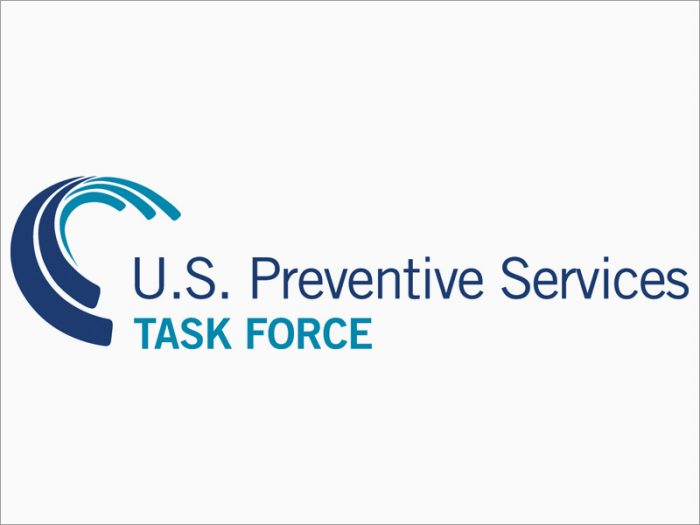Screening for Syphilis Infection in Pregnant Women: USPSTF Releases Recommendations
U.S. Preventive Task Force Released final recommendations for syphilis screening in pregnant women. NCSD submitted comments to this recommendation.

On September 4, 2018 the U.S. Preventive Services Task Force (USPSTF) published an updated recommendation statement and evidence summary for “Screening for Syphilis Infection in Pregnant Women” in the online edition of JAMA. The 2018 recommendation statement reaffirmed USPSTF’s 2009 recommendation statement, and received an A grade. An A grade indicates a strong recommendation of the service. The A grade also ascertains that there is convincing evidence that screening for syphilis infection in pregnant women provides substantial benefit and advises clinicians to offer or provide the service.
Prior to the final recommendation, USPSTF allotted time for public comments which NCSD and others submitted. Although NCSD offered a few viewpoints for USPSTF to consider including in the final statement, not all of the comments were added. Of the comments not added were:
- Inclusion of women who think they are pregnant to the population
- Clarification of what defines an area as “high-prevalence” for syphilis
- USPSTF added “Clinicians should be aware of the prevalence of syphilis infection in the communities they serve.”
- Addition of (italics denote the suggested addition): “A reverse sequence screening algorithm has been developed in which an automated treponemal test (such as enzyme-linked, chemiluminescence, or multiplex flow immunoassays) or a rapid treponemal test is performed first, followed by a nontreponemal test” under the Screening Tests section
- Include syphilis testing at the “pregnancy confirmation” visit.
Although NCSD’s comment regarding support for repeat testing was not included, USPSTF did include joint guidelines from the American Academy of Pediatrics (AAP) and the American College of Obstetricians and Gynecologists (ACOG) recommending repeat screening for women at high-risk for syphilis infection and for women who have had exposure to an infected partner – in line with NCSD’s comment.
In summary, the final recommendation statement advises that all pregnant women should be screened as early as possible for syphilis to prevention congenital syphilis. Nontreponemal screening tests are recommended to detect antibodies to the infection rather than the infection. No new evidence found was inconsistent with the benefits of screening for syphilis infection in pregnant women.
USPSTF’s response to all public comments:
A draft version of this recommendation statement was posted for public comment on the USPSTF website from February 6, 2018, to March 5, 2018. Most comments supported the recommendation statement. Several comments requested clearer guidance about the timing of initial syphilis screening (as early as possible after the first positive pregnancy test result). Other comments requested clarification on risk factors that would warrant repeat testing. The USPSTF provided more information in the recommendation statement to address these concerns. Several comments requested changes that are outside the scope of the USPSTF or not consistent with its methods and processes, and so no changes were made in response. These suggested changes included endorsement of guidelines from other organizations and discussion of evidence not considered in the USPSTF’s deliberation on this recommendation. Some comments suggested additional citations; these were reviewed by the USPSTF but none met inclusion criteria.
Recommendation of Others:
This recommendation statement is consistent with those of other professional and public health organizations. The CDC recommends screening for syphilis infection in all pregnant women at their first prenatal visit.5 Joint guidelines from AAP and ACOG recommend screening for syphilis infection in pregnant women as early as possible in pregnancy.6 The CDC, AAP, and ACOG also recommend repeat screening at 28 weeks of gestation and again at delivery in high-risk women. Women at high risk for syphilis infection include those living in high-prevalence communities, those living with HIV, and those with a history of incarceration or commercial sex work.10 AAP and ACOG also recommend repeat screening after exposure to an infected partner.6 The American Academy of Family Physicians recommends screening for syphilis infection in all pregnant women.29
With questions, contact Stephanie Arnold Pang, Director, Policy and Government Relations.